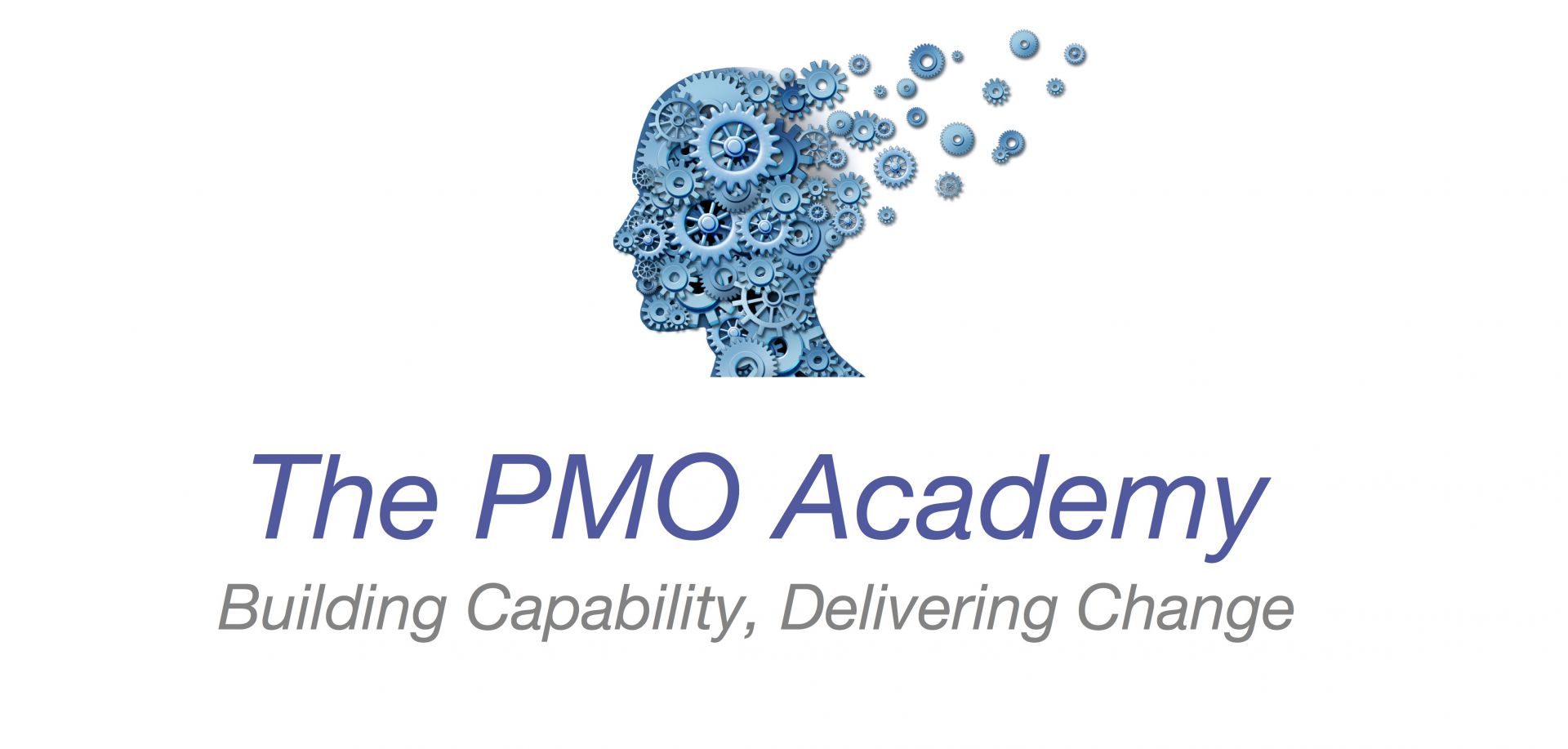Managing international projects can be hugely rewarding.

What makes international projects more challenging?
As a young project manager, (and that was a while ago!), I remember being very excited about rolling out an enterprise resource planning solution for a multinational vendor. I spent many late nights preparing for the first user conference, which would host representatives from all over the company’s global operations. I rehearsed my slides, focusing on delivery pace and avoiding colloquialisms …..
So imagine my disappointment when one group of European attendees simply ignored my carefully prepared slides, and spent the first half of the session talking amongst themselves, actually leaving the room in the second half to get coffee and continue their discussion. So naturally, in my very English way, I sternly requested them to come back in the room and pay attention. (!!)
It turns out they were so excited about this new solution, they were animatedly discussing how it would make their day to day operations more efficient, and were busy planning how to accelerate the implementation, and thanked me extensively for a great presentation! My mistake – I expected everyone to behave like an English person in that situation , and listen politely and attentively until question time.
Then there was the time when I was looking at the estimates for delivering a replacement general ledger for one of my international banking clients. The duration looked very short, until I realised that the estimates were based on my offshore teams working 6 days a week, and not 5 as we expected in the UK.
So there are many aspects to consider when managing international projects, which I've summarised into 4 "cultural" dimensions that we need to understand in order to deliver international projects successfully.
As a young project manager, (and that was a while ago!), I remember being very excited about rolling out an enterprise resource planning solution for a multinational vendor. I spent many late nights preparing for the first user conference, which would host representatives from all over the company’s global operations. I rehearsed my slides, focusing on delivery pace and avoiding colloquialisms …..
So imagine my disappointment when one group of European attendees simply ignored my carefully prepared slides, and spent the first half of the session talking amongst themselves, actually leaving the room in the second half to get coffee and continue their discussion. So naturally, in my very English way, I sternly requested them to come back in the room and pay attention. (!!)
It turns out they were so excited about this new solution, they were animatedly discussing how it would make their day to day operations more efficient, and were busy planning how to accelerate the implementation, and thanked me extensively for a great presentation! My mistake – I expected everyone to behave like an English person in that situation , and listen politely and attentively until question time.
Then there was the time when I was looking at the estimates for delivering a replacement general ledger for one of my international banking clients. The duration looked very short, until I realised that the estimates were based on my offshore teams working 6 days a week, and not 5 as we expected in the UK.
So there are many aspects to consider when managing international projects, which I've summarised into 4 "cultural" dimensions that we need to understand in order to deliver international projects successfully.

4 Cultural Dimensions of International projects

Market Culture & Local Market Knowledge
Understanding the legal, fiscal and regulatory context of the countries within the scope of an international project is key. What might be a simple, on-line process in one country can be a time-consuming, multiple application process in another. If these “doing business” principles are not understood, the delays to a project can be considerable.
For example, if you are moving goods between countries as part of your implementation, such as hardware, you need to be aware of the time it takes for imported products to clear customs, and any import and export taxes that must be paid out of the project budget. According to the World Bank Group’s “Ease of Doing Business Index”, the typical time to clear customs ranges from 4 days in Singapore, to 21 days in India. (And this data predates Covid 19. Imagine the extended delivery dates now!). This can create significant delays to the project schedule if not built in to the project plan. International Project Managers need to be aware of these differences and factor appropriate lead times into the plan.
Equally, the project budget should be validated taking into account all national and international taxes, with a clear understanding of how exchange rate volatility and the impact of withholding taxes may affect the final budget. For most large organisations, this means consulting with the Finance team, International Tax team, and local Procurement teams. Get their insights upfront and avoid nasty surprises later!
Talent Shortages
Another challenge often encountered on international projects is the availability of skilled professionals in different countries. In my experience, particularly in emerging markets, there is often a shortage of both project and change management expertise, as these skills are still developing.
At the same time, in some markets, the employment culture is heavily in favour of "lifelong careers", meaning that there is limited free movement of labour.
Add to this the lack of a freelancing culture in many locations, and resource acquisition can be a lengthy process, which does not suit typical project dynamics!
Quite often this means bringing in expatriate resources, who in many cases will need work permits approved (note to add lead time in hiring plans!). As an international project manager, you need to be familiar with local and regional employment practice, especially immigration policies such as maximum duration of immigrant workers stay. My best advice? Make early contact with your HR department specialists who can guide you through all of this and give you indicative lead times for hiring.
Regulatory Challenges
How aware are you of local regulations that may have an impact on your project? For example, cloud hosted solutions, offshore outsourcing and joint ventures can all give rise to data sovereignty issues.
Do you know whether you can move data to an offshore facility legally?
Do you understand the data privacy laws and compliance requirements for all countries in which you will operate?
If you are working in heavily regulated markets, such as Financial Markets, and your project will introduce new consumer products (online banking, digital insurance, for example), be very aware of the amount of time needed to get new digital products approved by regulators. In my experience, whilst many regulators have made huge strides in technology innovation, in many places the rule book still makes it hard to approve digital only products in a short space of time.
Again, making early contact with local compliance teams in countries affected by your project will pay dividends (yes, it's back to stakeholder management again!)
Understanding the legal, fiscal and regulatory context of the countries within the scope of an international project is key. What might be a simple, on-line process in one country can be a time-consuming, multiple application process in another. If these “doing business” principles are not understood, the delays to a project can be considerable.
For example, if you are moving goods between countries as part of your implementation, such as hardware, you need to be aware of the time it takes for imported products to clear customs, and any import and export taxes that must be paid out of the project budget. According to the World Bank Group’s “Ease of Doing Business Index”, the typical time to clear customs ranges from 4 days in Singapore, to 21 days in India. (And this data predates Covid 19. Imagine the extended delivery dates now!). This can create significant delays to the project schedule if not built in to the project plan. International Project Managers need to be aware of these differences and factor appropriate lead times into the plan.
Equally, the project budget should be validated taking into account all national and international taxes, with a clear understanding of how exchange rate volatility and the impact of withholding taxes may affect the final budget. For most large organisations, this means consulting with the Finance team, International Tax team, and local Procurement teams. Get their insights upfront and avoid nasty surprises later!
Talent Shortages
Another challenge often encountered on international projects is the availability of skilled professionals in different countries. In my experience, particularly in emerging markets, there is often a shortage of both project and change management expertise, as these skills are still developing.
At the same time, in some markets, the employment culture is heavily in favour of "lifelong careers", meaning that there is limited free movement of labour.
Add to this the lack of a freelancing culture in many locations, and resource acquisition can be a lengthy process, which does not suit typical project dynamics!
Quite often this means bringing in expatriate resources, who in many cases will need work permits approved (note to add lead time in hiring plans!). As an international project manager, you need to be familiar with local and regional employment practice, especially immigration policies such as maximum duration of immigrant workers stay. My best advice? Make early contact with your HR department specialists who can guide you through all of this and give you indicative lead times for hiring.
Regulatory Challenges
How aware are you of local regulations that may have an impact on your project? For example, cloud hosted solutions, offshore outsourcing and joint ventures can all give rise to data sovereignty issues.
Do you know whether you can move data to an offshore facility legally?
Do you understand the data privacy laws and compliance requirements for all countries in which you will operate?
If you are working in heavily regulated markets, such as Financial Markets, and your project will introduce new consumer products (online banking, digital insurance, for example), be very aware of the amount of time needed to get new digital products approved by regulators. In my experience, whilst many regulators have made huge strides in technology innovation, in many places the rule book still makes it hard to approve digital only products in a short space of time.
Again, making early contact with local compliance teams in countries affected by your project will pay dividends (yes, it's back to stakeholder management again!)
So to sum up the first article on managing International projects, here are my Local Market Knowledge Top Tips
- Connect with HR to understand labour market & immigration policy
- Consult with Finance & be aware of corporate & personal tax treatments
- Work with Compliance team to manage regulatory requirements

NEXT TIME
In our next article, we will look at number 2 on my list, Social Culture.
Stay Tuned!
In our next article, we will look at number 2 on my list, Social Culture.
Stay Tuned!

